Thinking about coaching? What it is, how it works and how to find the right coach
Are you curious about coaching? Maybe you’ve heard others talk about their coach or you're wondering if coaching could help you. Maybe someone at work has suggested you might find a coach helpful?
I hope this blog will help you understand what coaching is, how coaching works, whether it’s right for you, and how to find the right coach for your needs.
What is coaching?
Coaching is a supportive, structured conversation that helps you think clearly, make decisions and take meaningful action. A coach doesn’t give advice or tell you what to do. Instead, they create space for reflection, challenge your thinking and help you access your own insight.
There are many definitions of coaching but for me, it’s simply
a future-focused, goal-oriented process that helps individuals grow, change and move forward personally and/or professionally.
Unlike therapy, which often focuses on the past or emotional healing, coaching is rooted in the present and aimed at the future. It’s not about fixing you (you’re not broken). It’s about unlocking what’s already within you.
Types of coaching
There are many different kinds of coaching. Some of the most common include:
Life coaching to help with clarity, confidence and personal goals
Career coaching for job changes, career direction or finding meaningful work
Leadership or executive coaching for professionals and senior leaders
Wellbeing coaching to manage stress, avoid burnout and build healthier habits
Purpose-driven coaching to align your work with your values and make a positive contribution
A coach might only focus on one of these areas, or combine them. And depending on what you're looking for, you might want to find a coach with experience in a specific area or sector.
What are the benefits of coaching?
People choose coaching for all sorts of reasons. Here are some of the most common benefits of coaching:
clearer thinking and better decision-making
improved self-awareness and confidence
support with navigating change, uncertainty or growth
accountability to help you follow through on goals
more alignment between your work, values and purpose
Whether you’re stuck, overwhelmed or simply ready for something new, coaching can offer a space to pause, reflect, and take action.
Is coaching right for me?
You don’t need to be at rock bottom to benefit from coaching. In fact, many people come to coaching when they’re doing well but want to do even better, or do things differently.
Here are some signs you might benefit from working with a coach:
you're facing a change or decision and need clarity
you’re a senior leader needing space to think and plan
you're at a crossroads in your work or life
you're feeling stuck, lost or burnt out
you're full of ideas but struggling to focus
you're craving more meaning, purpose or impact
you want confidential, non-judgemental support
If any of these sound familiar, coaching might be a good next step.
How to find the right coach
Finding the right coach is about more than qualifications (although these are important) it’s about connection. Here are some tips for choosing a coach that’s right for you:
Ask for recommendations from friends, colleagues or trusted networks
Browse coaching directories try the EMCC, ICF or Association of Coaching
Look for a coach with relevant experience particularly in your sector or area of focus
Check their credentials and training - are they professionally trained and supervised? Coaching is not a regulated industry so anyone can call themselves a coach - do ask them if you’re unsure.
Book a free introductory call – many coaches offer a free consultation to see if it’s a good fit for you both. Speak to 3 or 4 coaches - we’re all very different!
Notice how you feel in the conversation. Do you feel heard, safe and gently challenged?
The relationship between you and your coach is key trust your instinct.
What to expect in coaching sessions
Coaching usually takes place in one-to-one sessions, either online or in person. Each session typically lasts between 45 and 90 minutes although some coaches offer shorter, and longer sessions too.
Here’s what a coaching session might include:
space to explore what’s on your mind
questions that help you reflect more deeply
structured tools or models (where helpful)
time to identify actions or next steps
encouragement and accountability
Some people work with a coach for a few sessions; others continue for several months or longer, depending on their goals. In leadership and executive coaching, you might also work with your line manager and created shared goals - this is sometimes commonplace when coaching is being paid for by your employer. There are many advantages to this but the choice should always be yours as to whether there is line management involvement or not.
Final thoughts: investing in yourself
Coaching is not a quick fix but it can be transformative. It offers a powerful space to reflect, grow and move forward with intention. The right coach won’t give you answers, but they will help you find your own.
If you’re wondering whether coaching could help you right now, why not start with a conversation?
Curious about coaching?
I offer coaching for values-driven individuals, leaders and changemakers who feel a pull to purpose and need support.
Get in touch to book a free 30-minute chat or come and connect with me on Linked In

